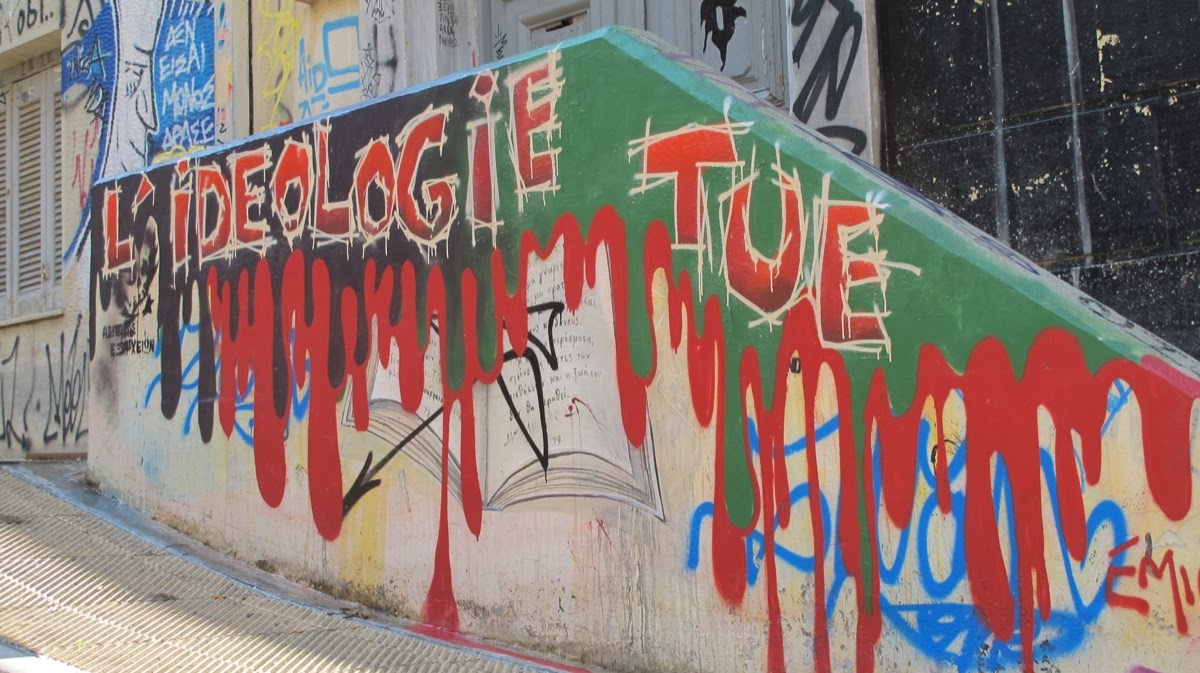I’ve always had a strong interest for public affairs, democracy, and in particular for the decision mechanisms used by our governments. I like studying history, and find the evolution through which ordinary citizens progressively got their voices heard a fascinating (and loose end) subject.
Luckily, I was born in Belgium, a democratic country, at peace since 1945. Our grandparents fought wars to defend some ideals, and thanks to their sacrifices we are now able to peacefully debate and promote our ideas. I was hence convinced that our democratic process was nearly perfect, and accepted with great enthusiasm when I got called for civic duty in May 2014 general elections.
Observing the election mechanics from the inside, I discovered an absolutely appalling voting process which completely broke my illusions. It was a total farce. I was serving in one of the “pioneer” precincts for electronic voting: to comply with Belgian law, the referendum was processed on 20+ year old machines, using magnetic tape bands, a system so rudimentary and fragile that many votes got misreported or lost due to wrong manipulations. The complexity of voting was such that countless people left the poll stations without having the certitude that their choices were being accounted for.
Furthermore, people didn’t vote for ideas, and few had a good understanding of who most closely represented their opinions. Rather, they would choose easy to remember names, or faces they recognized from TV, basically giving their voices to those politicians with the best media exposure and the most recognizable faces. That day, I understood why Belgium’s outgoing Prime Minister was invariably wearing a bow tie.
I was appalled at the complete disconnect between the electoral process and the basic notion of participative democracy, where decision makers should review ideas and promote them if a majority of their constituents feel positively about them. The lack of transparency in the voting process, and the difficulties in recognizing who defends which ideas could easily be solved simply by adopting some of today’s established technologies. I found that our politicians are expert communicators through Twitter and Facebook when it comes to spreading their ideas, but deliberately behind in their listening abilities.
I was of course aware of these shortcomings, but never realized to which point they completely distorted the democratic process. Through my civic duty experience, I came to the realization that I had the technical tools, the project management skills and above all the emotional drive to create a better solution. I want to enable every citizen to “audit” any politician’s past actions and positions. Furthermore, I want to create solutions that allow to “match” a politician’s stances with our own, simply through semantic analysis of the “big data” trail we leave behind, such as comments on news pieces or other public information. I basically want to enable the democratic process to function as it should. I am full of ideas to empower democracy 2.0, and I’m surprised of the lack of people working on that to focus their entrepreneurial energy.
Tag Archives: democracy
Make our cities walkable
This video almost make me reconsider my wish to have a house in the countryside. It is true that living in cities is the future and that one should think about it for many reasons : energy, economy, health, environment, …
But still, in Belgium the cities are not walkable cities at all. I don’t feel good in this cities. Even biking in Brussels is really dangerous because everything is adapted for cars only.
Our politics should really think about making our belgian cities more pedestrian-oriented. I’m sure this would help me (and a lot of other people) to feel better in our cities (country).
